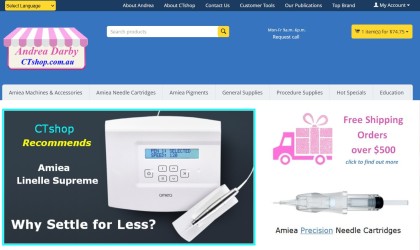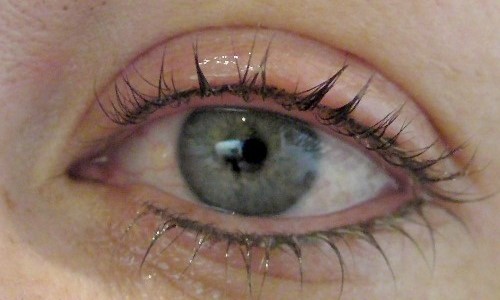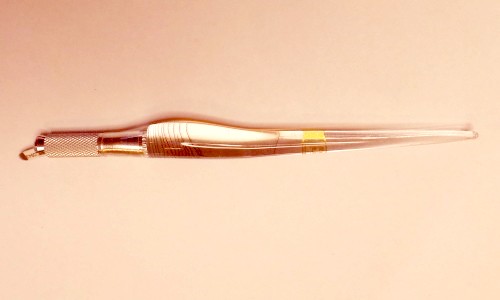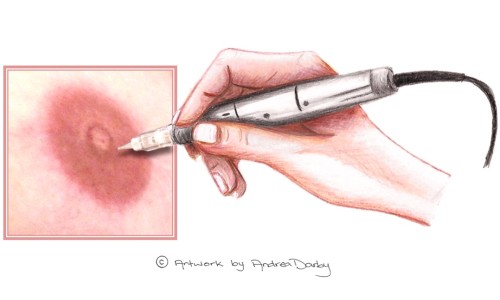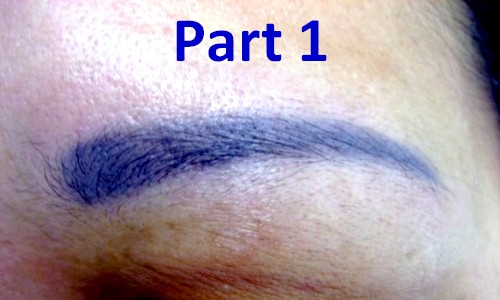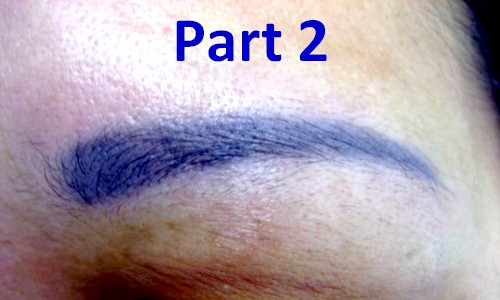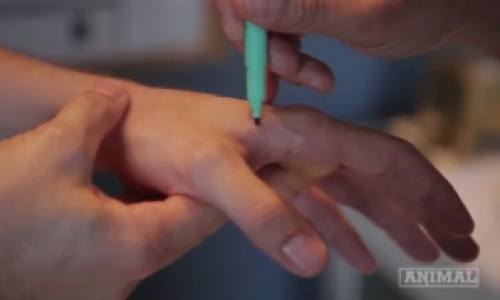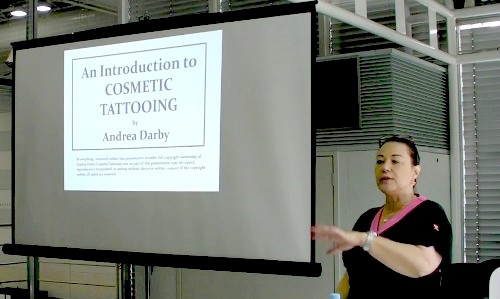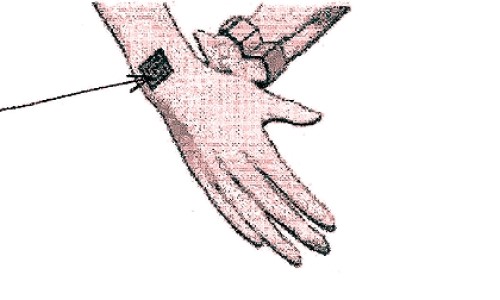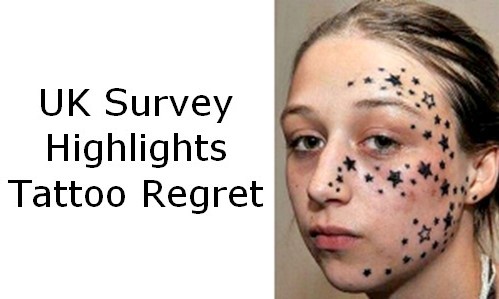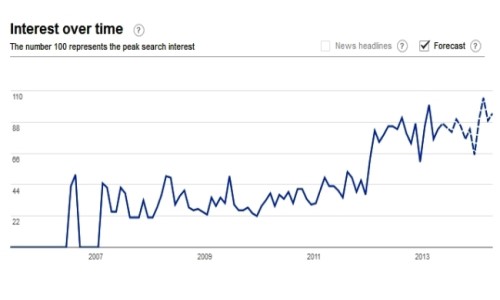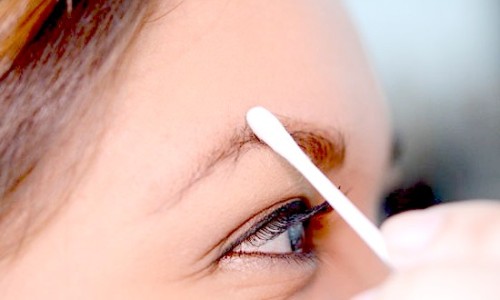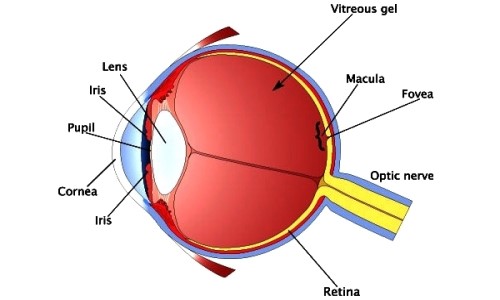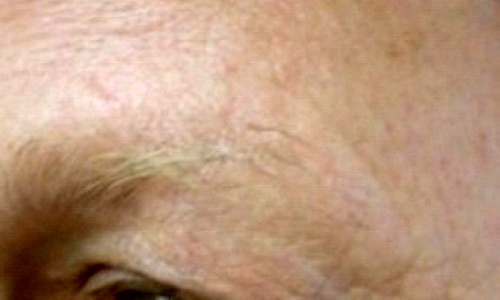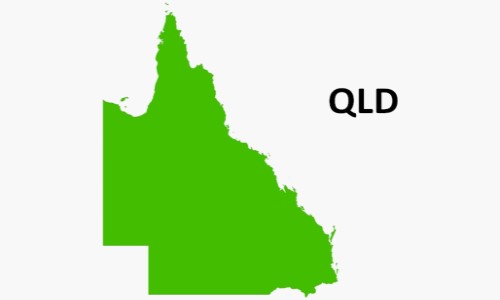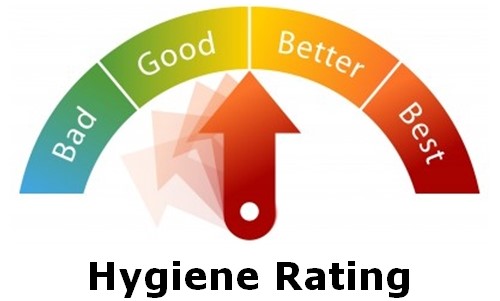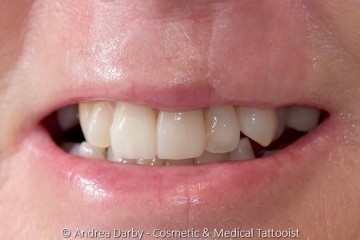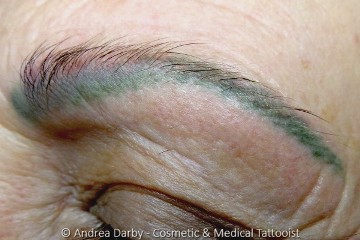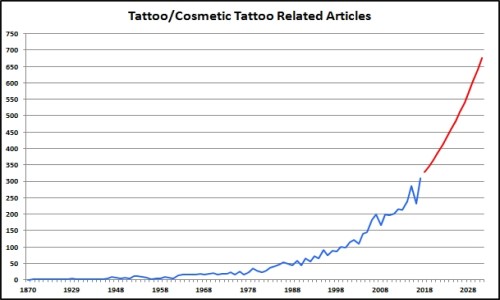Cart is empty
Australian Cosmetic Tattoo Pigment Regulation Compliance
01/02/2023
by Andrea Darby - Master Medical Tattooist & Industry Educator
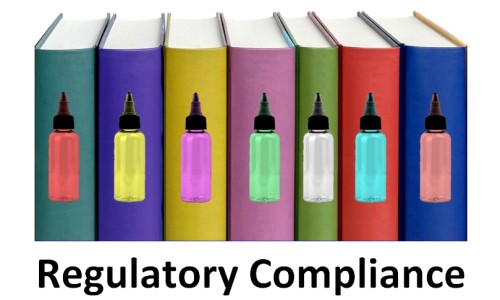
There are numerous technicians and suppliers importing tattoo inks and cosmetic tattoo pigments into Australia but how many of them are actually in compliance with Australian Laws & Regulations?
▼ Continue Reading ▼|
Australian Cosmetic Tattooists now source their pigments from a broad range of suppliers both locally and via international exporters, however our interaction with a wide cross section of Australian technicians revealed that overwhelmingly they are unaware of the need for compliance with Australian Regulations related to importation of tattoo pigments. In Australia if you Import or manufacture a Cosmetic Tattoo Pigment for client services, resale or other business related activities you are known as 'introducers of industrial chemicals' and legally must be registered with the Australian Industrial Chemicals Introduction Scheme (AICIS) formerly known as National Industrial Chemicals Notification and Assessment Scheme (AICIS)1.
As described by AICIS; The Industrial Chemicals Act 2019 establishes the Australian Industrial Chemicals Introduction Scheme.
Discussion Based on our interaction with Australian technicians it seems likely that there are probably
importers of cosmetic tattoo pigments who are not complying with Australian regulations related to the introduction of cosmetic tattoo pigments. Even more concerning is the fact that many technicians are completely unaware of Australian regulations. This could have serious implications for individual technicians and their clients. Insurance: Most technicians that we have spoken with are aware of the importance of holding professional indemnity insurance however very few seem aware that these types of policies frequently have specific exclusions related to non compliance with Australian laws and Regulations. In other words if something goes wrong you are insured provided that you have complied with the law, if you have not complied with the law your insurer may decline to cover a claim against you via escape clauses. Based on our own interactions with insurers and compensation lawyers there seems to be varying levels of knowledge of the regulatory requirements mentioned above, however it is safe to assume that a compensation lawyer acting for their client will make every effort to establish negligence and failure to comply with regulatory requirements would be a starting point for their investigation and requests during discovery. Importation: If you import cosmetic tattoo pigments for use in providing client services then most likely you need to register with AICIS as a chemical introducer and check that the product is in full compliance with Australian laws, as an importer it is also advisable to ensure that you hold product liability insurance as well as your standard professional indemnity insurance. In the interests of a reasonable standard of product disclosure it would be prudent for International suppliers of Cosmetic Tattoo pigments to be
check with Australian customers prior to purchase if the supplier is required to
Registered with
AICIS for the local fulfilment of their order or if the customer is required to Register with
AICIS themselves prior to making their purchase. Purchase from Local Suppliers: If you purchase from a local supplier take responsibility to ensure that the local supplier is registered with AICIS and is in full compliance. You can check the register of introducers via this link. If a local supplier is not complying with regulatory requirements then it is possible that their product liability insurance may also be in jeopardy, in the event of a claim both the supplier and their technician customers might find that they are taking substantial personal financial risks.
In addition to the risk of the potential loss of insurance cover there are some hefty penalties associated with non compliance with regulations.
The European Union have acted on their proposal to restrict certain chemicals in tattoo inks and permanent make up4 (Cosmetic Tattoo Pigments) under the Registration, Evaluation, Authorisation and Restriction of Chemicals (REACH), the restrictions were voted on by the EU members and adopted by member countries as of 04/01/2022. Naturally countries outside of the EU are free to apply their own regulations, however now that restrictions on chemicals used in tattoo inks and permanent makeup pigments have been adopted by the EU we anticipate that similar restrictions will be adopted by many countries outside of the EU via harmonised legislation/regulations. In our view it is only a matter of time. We believe that it is prudent to be pre-prepared now, for example we have also audited the amiea pigments that we use against the European Chemicals Agency (ECHA) recommended restrictions list to ensure that pigments that are currently in use for client services are compliant not only with existing Australian AICIS administered Regulations but also restrictions recommended under REACH as now implemented by the EU. Cosmetic Tattoo technicians may care to make enquiries with their suppliers now as to their intention (or not) to comply with the EU restrictions list as well as local AICIS requirements as compliance with both standards provides the safest level of colourant restrictions for your clients.
In 2017 NICNAS conducted an Investigation of the composition and use of permanent make-up (PMU) inks in Australia and found varying levels of compliance5, for those who have a broad knowledge of the industry it seems obvious that the report was scratching the surface of the supply of cosmetic tattoo pigments currently taking place in Australia.
References
Date of most recent revision:
01/02/2023 Copyright © 2018 CTshop.com.au & the article author All Rights Reserved. No copying, transmission or reproduction of site content is permitted without our prior written consent.
Printing Restriction: This article is print disabled, please read our Intellectual Property & Copyright Policies if you would like to request a copy or permission to use the article content for any purpose. |
Site News Selection
Educational Article Selection
Regulatory Article Selection
Client Case Studies Selection
Science Library Selection
Complete regrowth of hair following scalp tattooing in a patient with alopecia universalis
31/01/2023
Atypical Intraepidermal Melanocytic Proliferation Masked by a Tattoo: Implications for Tattoo Artist
20/09/2018
Chemical conjunctivitis and diffuse lamellar keratitis after removal of eyelash extensions
26/08/2018
Scarless Breast Reconstruction: Indications and Techniques for Optimizing Aesthetic Outcomes
07/04/2018
High speed ink aggregates are ejected from tattoos during Q‐switched Nd:YAG laser treatments
28/03/2018
Unveiling skin macrophage dynamics explains both tattoo persistence and strenuous removal
08/03/2018
Granulomatous Tattoo reaction with Associated Uveitis successfully treated with methotrexate
08/02/2018
Identification of organic pigments in tattoo inks & permanent make-up using laser mass spectrometry
07/02/2018
Microbiological survey of commercial tattoo and permanent makeup inks available in the United States
03/02/2018



